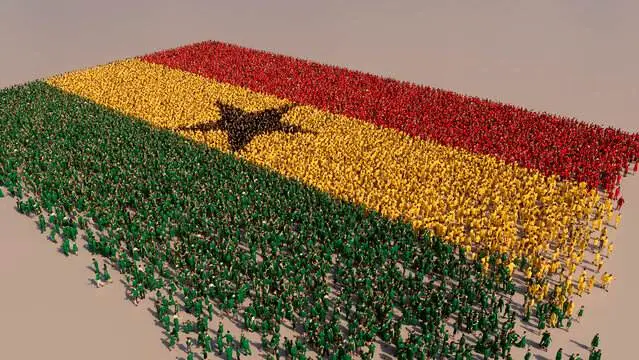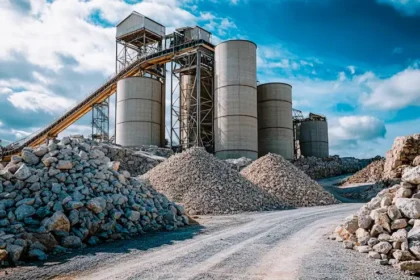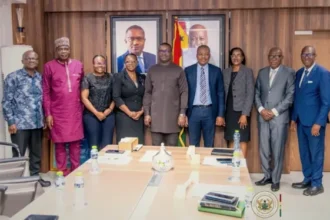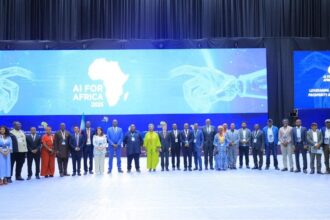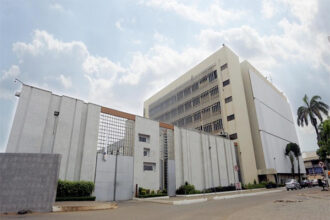Many African countries were colonized by Europeans before gaining their independence to become sovereign nations of their own. Ghana is one of such countries, and a lot of people do not know this, but Ghana was the first African country to gain its independence in 1957.
So many Ghanaians have no idea what the independence struggle was like, the colonial era, or even the pre-colonial era. We can hardly discuss Ghana’s independence history without taking a stroll down memory lane to discuss a little about the pre-colonial era.
In this article, we will be sharing some knowledge on how Ghana gained its independence in 1957.
The Pre-Colonial Era
Until the Europeans arrived on the shores of Africa in the fifteenth century, very little was known about the small African kingdoms that existed between the Volta and Tano rivers. The first to arrive were the Portuguese in 1471, and 11 years later, they built the Elmina fortress. In 1492, a French buccaneer deprived the Portuguese of some of their precious cargo.
The cargo contained gold, hence the name of the area, Gold Coast. This led to trade in gold in that region and, consequently, the rapid development of what is known as Akwamu in the seventeenth century. The dominance of this region was taken over by the Ashanti in the eighteenth century. The Danes, English, and Dutch became the major traders in the area, but this time the object of trade was slaves, not gold.
With the advancement of the slave trade, the Ashanti people became stronger, ruling the whole central region, and their king, Asantehene, enthroned a golden stool. As the Europeans outlawed the slave trade, the Ashanti people lost most of their power, leading to several wars.
They continually gained power in the region, and by 1874, the southern regions became a British Colony known as the Gold Coast. Three decades later, the British gained full control of the Ashanti region as well.
The Colonial Era and the Independence Struggle
January 1, 1902, saw Ashanti declared as a British Crown Colony, while the regions further north were named as the Northern Protectorate of the Gold Coast. The colonial period was relatively peaceful, prosperous, and uneventful.
After the Second World War, the story changed as events in the Gold Coast region moved so fast, leading to the region gaining independence. This revolution was led by Kwame Nkrumah, who had returned home after a 12-year sojourn in the United States and Britain studying and practicing radical politics.
In 1946, Nkrumah was invited home to be the general secretary of the United Gold Coast Convention (UGCC), which was a body clamoring for self-government in the region. The body had already won the right to be part of the legislature, ensuring an African majority in the assembly. What they were after was a major share in executive power.
Upon Nkrumah’s arrival, the popularity of the struggle spread like wildfire, resulting in several riots in February 1948. This alarmed the UGCC leaders, and the result of the unrest was a split the following year, leading to the formation of the Convention People’s Party by Nkrumah in 1949.
The new party was committed to the struggle for immediate self-government under the leadership of Nkrumah. By the beginning of the next year, several peaceful protests were led by the leader of the CPP, leading to his arrest and imprisonment.
Despite his absence, the CPP won convincingly in the first general elections in the Gold Coast held in 1951. Consequently, Nkrumah was released from incarceration to join the government, and by 195,2 he became the Prime Minister.
As the Gold Coast prepared for independence, British Togo voted to be merged with the Gold Coast in a 1956 plebiscite. This made it an extended territory of the Gold Coast, which gained independence on March 6, 1957. With the rise of a new era in Gold Coast came the need for a change of name, which was in resonance with the history that was made, thus the name Ghana.
Post-Colonial Era
Nkrumah became the leader of the first African nation to gain independence and thus had a dream to lead the rest of Africa into a Marxist future and the emergence from colonialism. He knew this could not be achieved without Ghana becoming a sovereign State. This further struggle led to Ghana becoming a Republic in 1960 and Nkrumah becoming its President for life.
But not too long after, things became sour, and a coup was organized to oust the President due to his authoritarian rule and a decline in the Ghanaian economy. While the President was away in China in 1966, he was overthrown and went straight into exile in Guinea.
Following this, Ghana faced several coups within a very short period, yet the country’s democracy has stood the test of time. Over four decades, the country had four republics with several leaders. Today, Ghana is one of the leading economies in Africa and is billed to become the fastest economy in the world.


